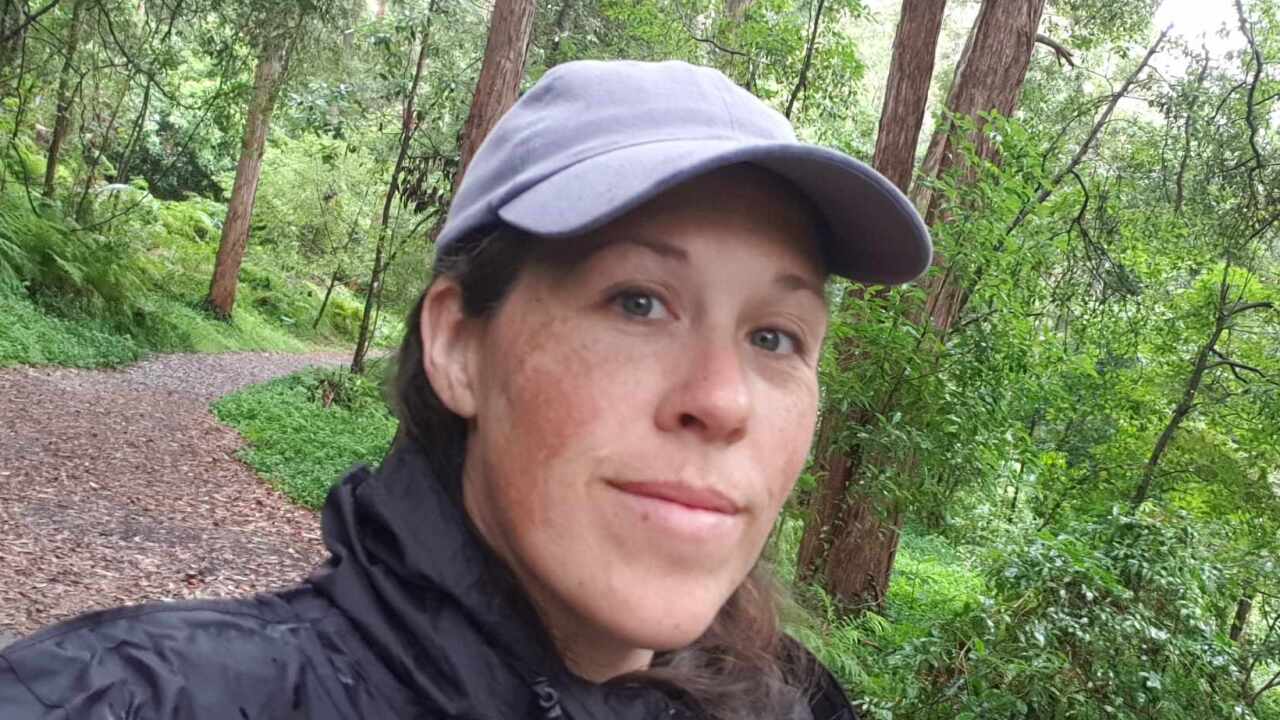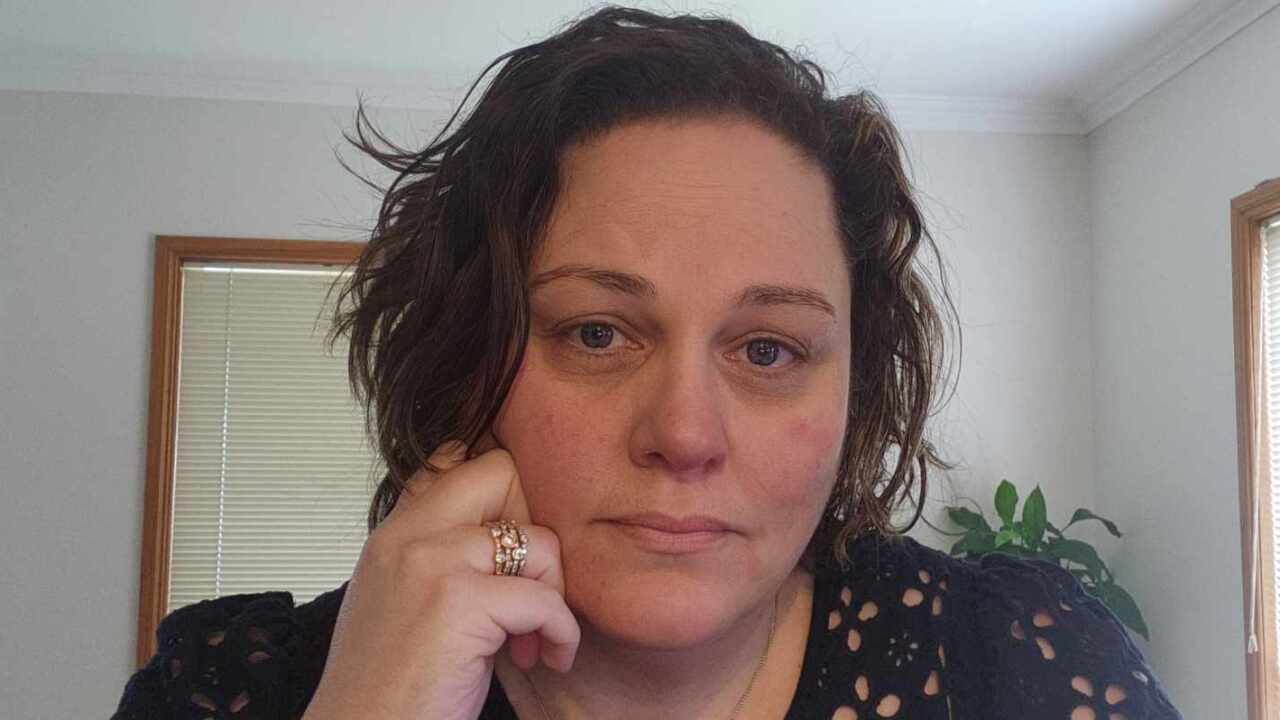Rebecca Pickard has been working with children with various disabilities and behavioural challenges for 20 years.
"I deal with the 'difficult' children who nobody else knows what to do with, and they come out gold on the other side," the 40-year-old early childhood teacher from Sydney told SBS News.
But a conversation she had last year with her "very accomplished" cousin led her to question everything she thought she knew about one condition in particular.
"He's like: 'I've been reading about it and I think that a lot of the problems that I have, they do fit under ADHD'," she said, using the acronym for attention-deficit/hyperactivity disorder.
"I was rocked."
Around the same time, Rebecca was trying to work out what could be behind a particularly challenging student's behaviour, and how best she could support them.
"I had started doing all this reading into ADHD (for work), and then my cousin's told me he's got ADHD … so I start reading into adult ADHD and presentations and I start reading about female adult presentations and then all of a sudden I'm like, 'F--k, that's me'," she said.
Rebecca was a messy, forgetful, and emotional child. She had lots of energy and always left school projects to the last minute. She'd also experienced frequent periods of depression and throughout her life, and, according to her mum, was "always late".
But despite many of her symptoms being consistent with ADHD, it had never been suggested to her that that may be why she was struggling.

Rebecca Pickard has experienced symptoms consistent with ADHD since childhood. Source: Supplied
Other factors, such as where people live, cost, stigma, and cultural and linguistic background, also impacted the ability of those with ADHD to access the assessment and support they needed.
"In a significant number of cases the committee was told of people ," the inquiry's report said.
Feeling herself "getting depressed" over the stresses at work and wanting to speak to a professional about ADHD, Rebecca went to see her GP, who referred her to a psychologist.
But after being given an ADHD self-assessment to complete and discussing how it made her feel, she decided against seeking a formal diagnosis from a psychiatrist.
Cost was one of the factors in her decision.
"I don't know that a diagnosis is going to help me enough to warrant forking over several thousand dollars," she said.
She also wasn't interested in being prescribed medication, and had already started implementing strategies and making lifestyle changes to help her manage her symptoms.
"That self-identification has been really crucial in my wellbeing," she said.
"I have energy, my brain's working properly, and I'm actually able to deal with the little niggles that happen because of the ADHD brain playing tricks on me.
"I haven't suffered burnout this year. That's the first time in my adult life that I haven't gone down like a sack of s--t."
What are the concerns around 'self-diagnosis'?
Luisa Livingstone, a Melbourne-based clinical psychologist, said discovering that ADHD may be the reason you've faced challenges your whole life can be "super powerful".
"A lot of people if they're undiagnosed, they go through life seeing the people around them not struggling with the things that they're struggling with, and it's really hard to make sense of that," she said.
"Often that gets internalised as self-blame and inadequacy and a lot of shame.
"Understanding that you have ADHD can help you put your life experiences in a different perspective, and you can see that it's not that you're a bad person, it's not that you're lazy or inadequate — ADHD is why you're struggling."
Dr Elizabeth Moore, president of the Royal Australian and New Zealand College of Psychiatrists (RANZCP), said while it was great that awareness around ADHD had increased in recent years, 'self-diagnosis' was "always challenging".
"You have to be very careful where your information comes from … it may be somewhat distorted or may lead you down a certain line," she said.
"All of us can become inattentive, all of us can lose our concentration, and all of us at times can be hyperactive, because of certain things like lack of sleep, for instance, or competing issues, so it's really important that it's actually a trend that's occurring.
"I'm sure that there are some people who then go to a professional and when they're not given the diagnosis can become quite angry, but they need to listen to the professional and why that's happened and what they can do to just manage their lifestyle."
Livingstone noted that self-identification was often a "stepping stone" towards getting a formal ADHD diagnosis and that most of the patients she'd seen who suspected they had it were correct in their assessment.
But she was concerned that given some ADHD traits overlap with other conditions like autism, and and depression are common, those who didn't take that next step, for whatever reason, could be missing out on getting the right treatment and support.
"If you're wanting accommodations at work … it's more feasible if you have a diagnosis, which can be from a psychologist or a psychiatrist," Livingstone, who has ADHD herself, added.
"If you're wanting to pursue medication, you're going to need to see a psychiatrist."
Moore acknowledged that with long waitlists and high fees, a timely formal assessment was out of reach for many, but said she would "always recommend" they sought a detailed, professional examination.
"That access issue — that is the real problem," she said.
"We need to lobby the government to give increased access to clinical services.
"It is a common condition and our public services, if they were resourced adequately, should be able to see more people with it."
Would you like to share your story with SBS News? Email [email protected]












